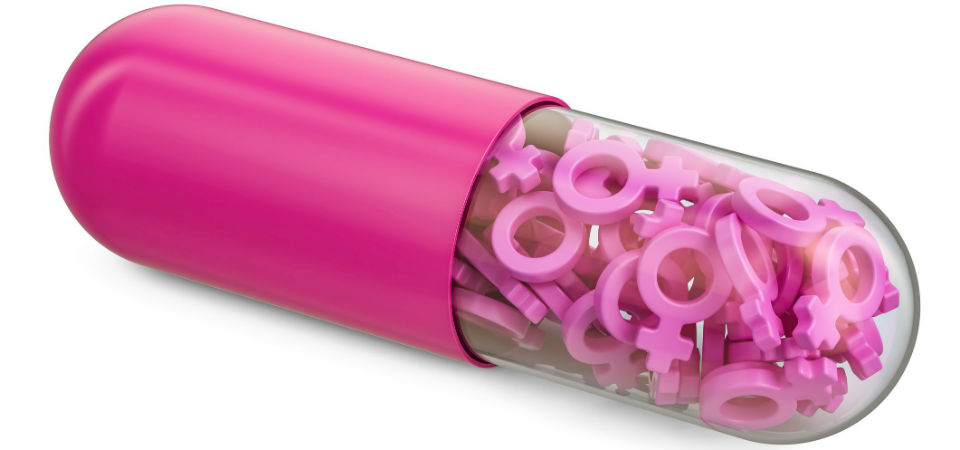Researchers at Loughborough and Nottingham universities found that cross-sex hormone therapy (CHT) reduced the feelings of body dissatisfaction associated with eating disorders, such as anorexia and bulimia, in transgender people.
The research was part of Beth Jones’ PhD, and recommended that clinicians working at eating disorder services should assess patients for gender identity issues and refer them to transgender health services to be evaluated for hormone treatment.
Beth said: “We know that many transgender people experience high levels of body dissatisfaction prior to cross-sex hormone treatment.
“Body dissatisfaction, alongside other factors, has been found to be a risk factor for eating disorder psychopathology within the general population and we wanted to determine whether this was the case within the treatment seeking transgender population.
“We found that high levels of body dissatisfaction, perfectionism, anxiety symptoms and low self-esteem were risk factors for eating disorder psychopathology in treatment seeking transgender people yet to take cross-sex hormones.
“However, we also found that cross-sex hormones appear to be able to alleviate eating disorder psychopathology by reducing the risk factors.”
Eating behaviours including food restriction, bingeing, self-induced vomiting and the misuse of diet pills and laxatives have been linked to people’s deep-seated unhappiness with their body.
Professor Jon Arcelus, of the Institute of Mental Health, based at the University of Nottingham, and at the Nottingham Centre for Transgender Health, was one of the lead authors on the research, which has been published in the European Eating Disorders Review.
He said: “Young transgender people may restrict their food as a way to control their puberty, stop their periods or reduce the development of breasts.
“Eating disorder professionals should consider a person’s gender identity when assessing someone with symptoms of an eating disorder.”
The study highlighted that dissatisfaction with body shape and weight can be even more distressing for transgender people who identify with a different gender than the one assigned to them at birth, leaving them potentially more vulnerable to engaging in disordered eating behaviours.
The research suggested that for some transgender people, striving to achieve a masculine or feminine body shape can influence their eating behaviours, while in the case of transgender males (assigned female at birth but who identify as male) who are not on hormone treatment some may even restrict what they eat as a way of stopping menstruation.
Within the non-trans population, negative emotions such as anxiety and depression and low self-esteem fuel the relationship between body dissatisfaction and problems with eating behaviours.
Past research has consistently shown that transgender people seeking gender affirming treatment who are not yet on hormone treatment, are much more likely to suffer with mental health problems such as anxiety and depression than cisgender (non-transgender) people and this may place them at greater risk of developing an eating disorder.
The researchers believe that offering access to specialist transgender services is imperative as the results show that for many transgender people who are unhappy with their body, cross-sex hormone treatment is very effective.
However, they say that further research is needed to include the increasing numbers of transgender people who identify outside the binary gender system, for example, gender neutral, non-gender, bigender and third gender.
ENDS
